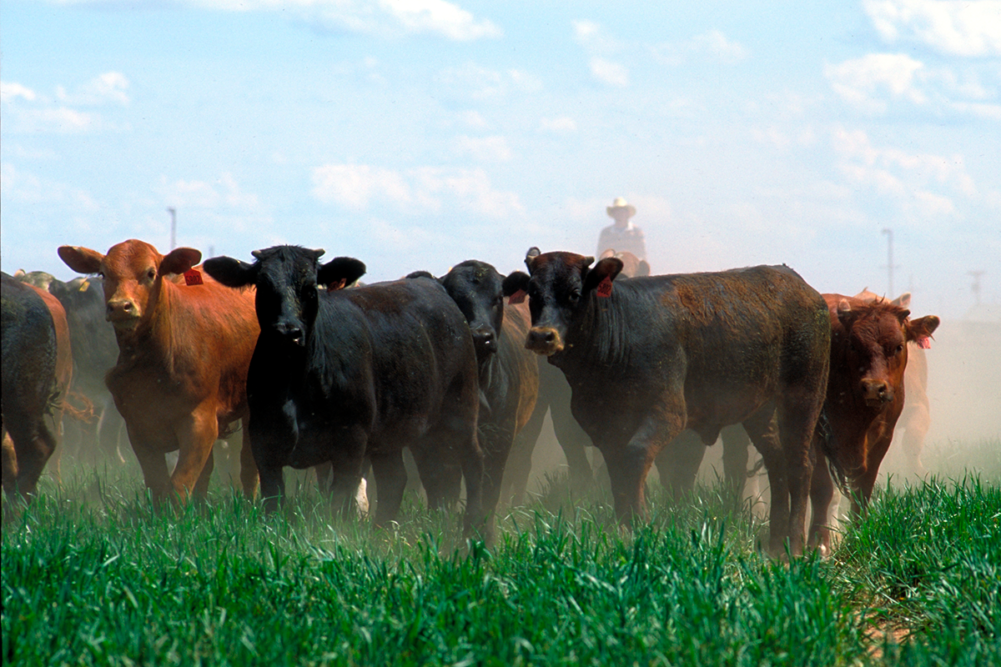Sustainability has been top of mind for many consumers, brands and retailers alike for the last several years, and an increasing number of consumers are holding retailers responsible by voting with their dollars for what choices they offer shoppers, especially in the meat case.
During the pandemic, consumers gravitated to more local sources for their meats, seeking local butchers telling a story about sustainable and local production, coupled with a spike in home delivery solutions such as organic boxes and meal kit solutions, according to Statista.
“This backdrop has left a lasting impression on people’s meat choices and cooking habits,” said Rick Sanderson, director of ESG & sustainability risk at NSF. “While buying less, they are looking for better quality, with assurances around welfare, environmental impacts and human health.”
The modern, more conscious consumer is being drawn to meats produced by farms which use low-impact farming practices such as grass-fed rather than grain-fed; holistic, free range and organic farming; locally sourced meats for food-miles benefits; stories around water and energy recycling, regenerative farming; and soil health, minimal use of chemicals, pesticides and antibiotics, and biodiversity conservation.
According to the Power of Meat 2023 study, about half of meat shoppers want to “emphasize the planet, animal welfare and social responsibility in their food choices,” and shoppers tend to align their values with those of the store and the brands they purchase.
Recent Cargill research revealed there’s an increased number of protein consumers wanting to better understand how their purchases impact the farmers and workers (35%), the planet (35%), and overall animal welfare (31%), providing suppliers and retailers alike with the opportunity for greater connection and information sharing to establish trust.
“Sustainability is growing in awareness and becoming more personal, largely due to the potential effects of climate change in cities and rural communities,” said Hans Kabat, president of Cargill’s North American protein business. “Consumers are prioritizing the health and well-being of the environment and society at large, analyzing and making purchases based on personal values.”
What’s in a name
Today, most shoppers judge sustainable meat based on how well the animal was treated and raised — things like humane animal handling and being free of antibiotics or added hormones are important to them. Yet, terms like sustainable and eco-conscious can mean different things to different people.
Ray Rastelli, Jr., president of Rastelli Foods Group in Swedesboro, N.J, believes as the food supply becomes more responsible, it is more important than ever for consumers to understand definitions.
“In simple terms, sustainably raised beef must have the following key attributes — satisfying human needs; enhancing environmental quality, the resource base, and ecosystem service; sustaining the economic viability of agriculture; and enhancing the quality of life for farmers, ranchers, forest managers and workers, as well as society as a whole,” he said.
As more claims and programs come to market, it will be important for the industry to clearly define those terms so that consumers can find the product that best aligns with their values and meets their needs.



